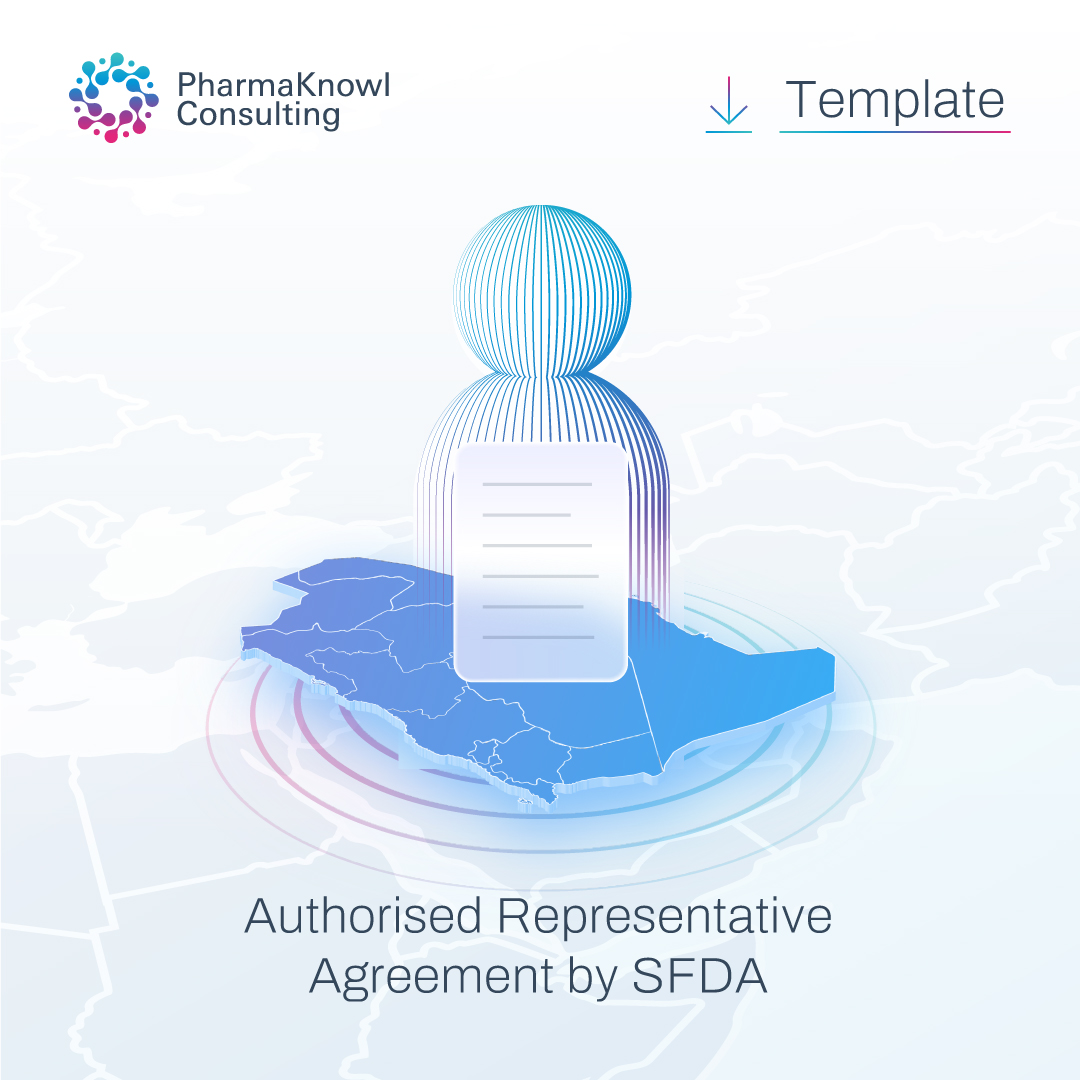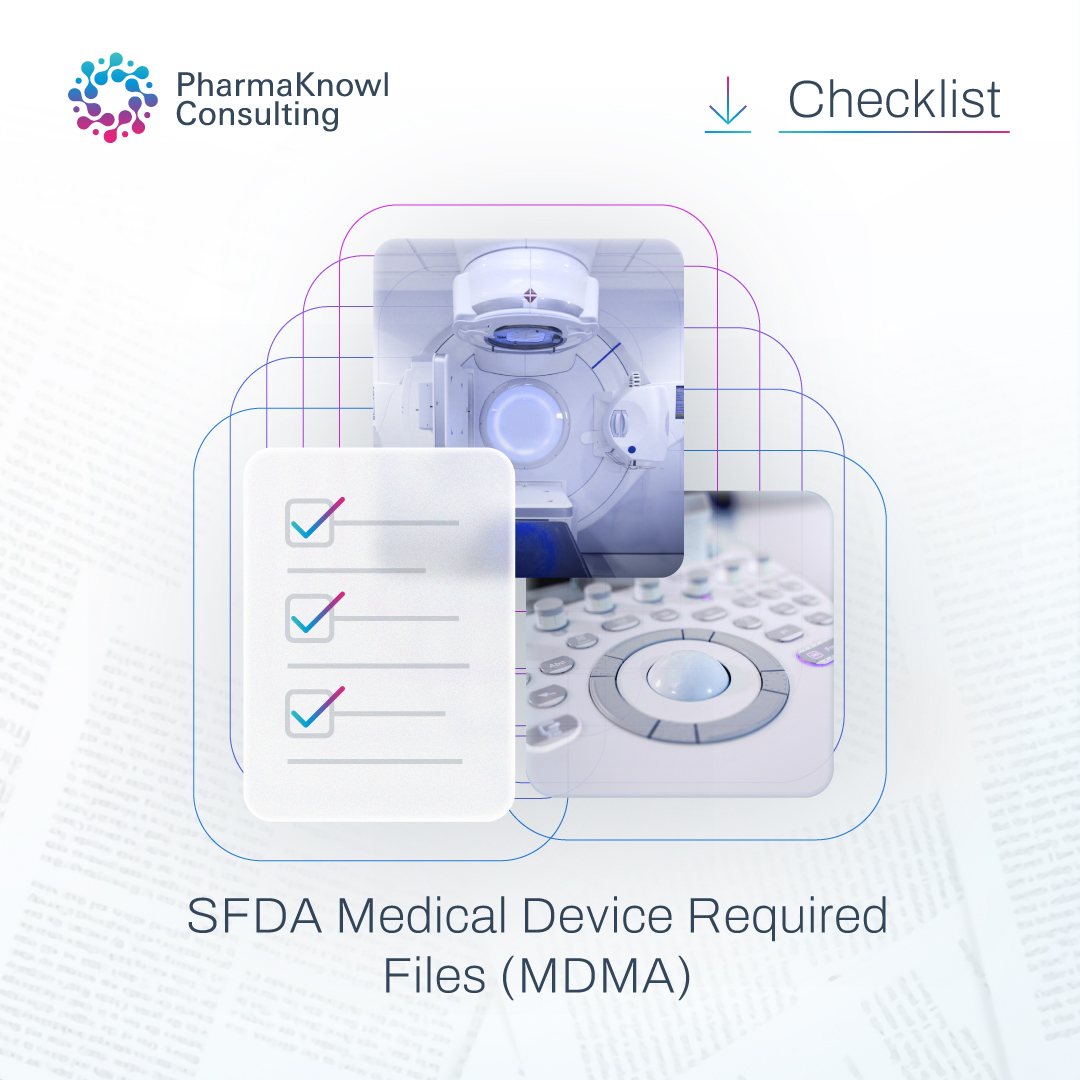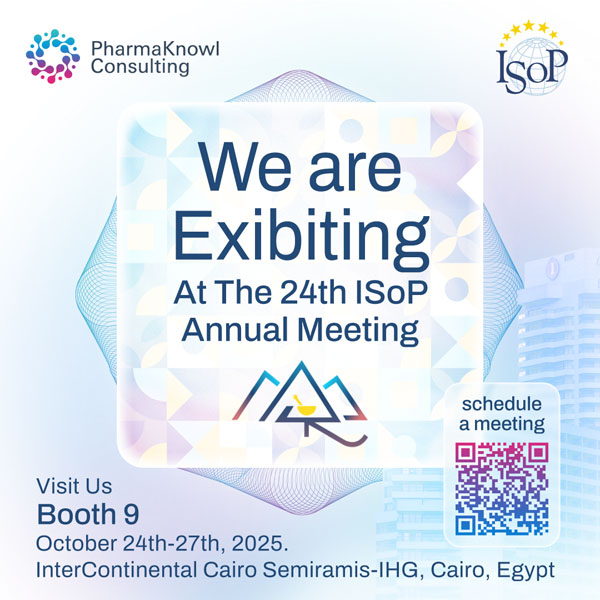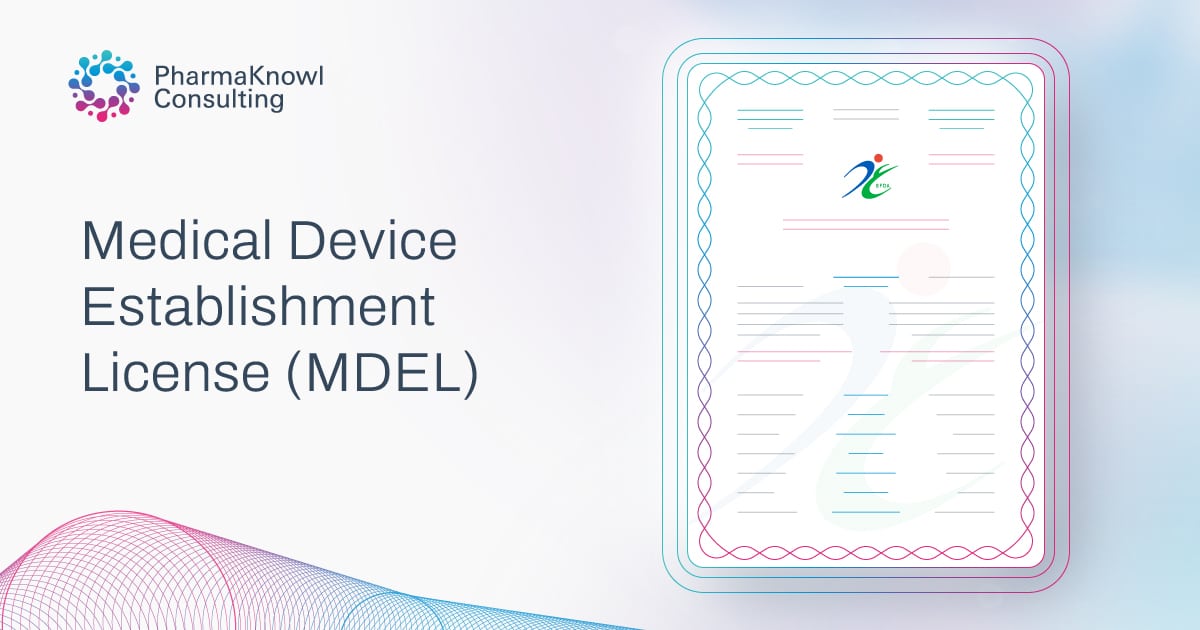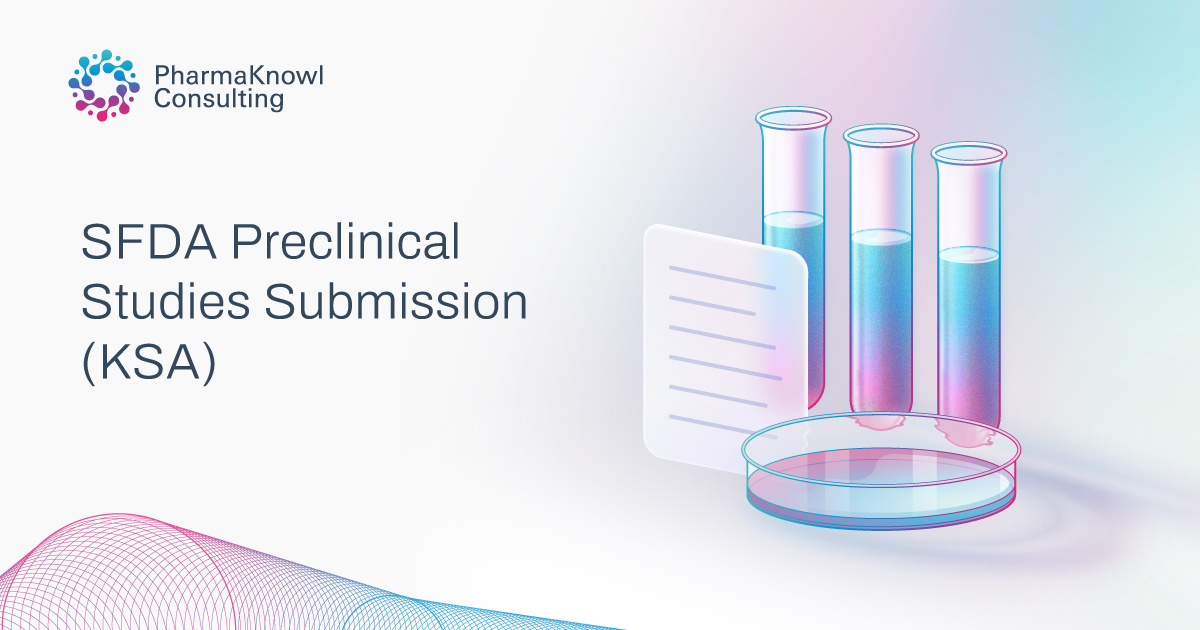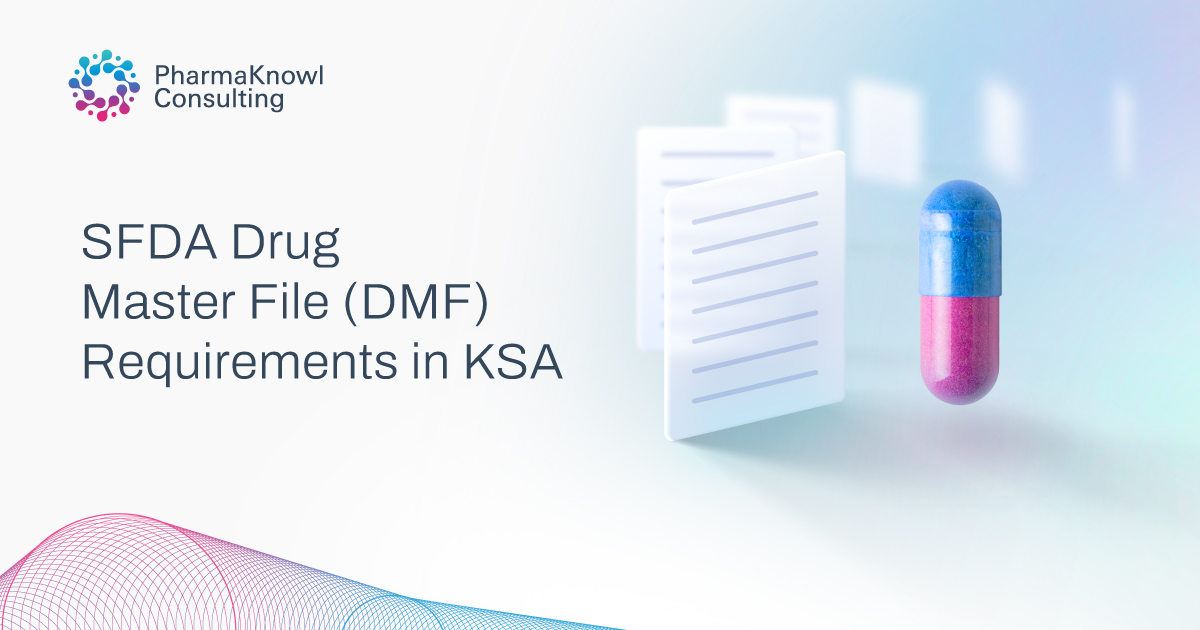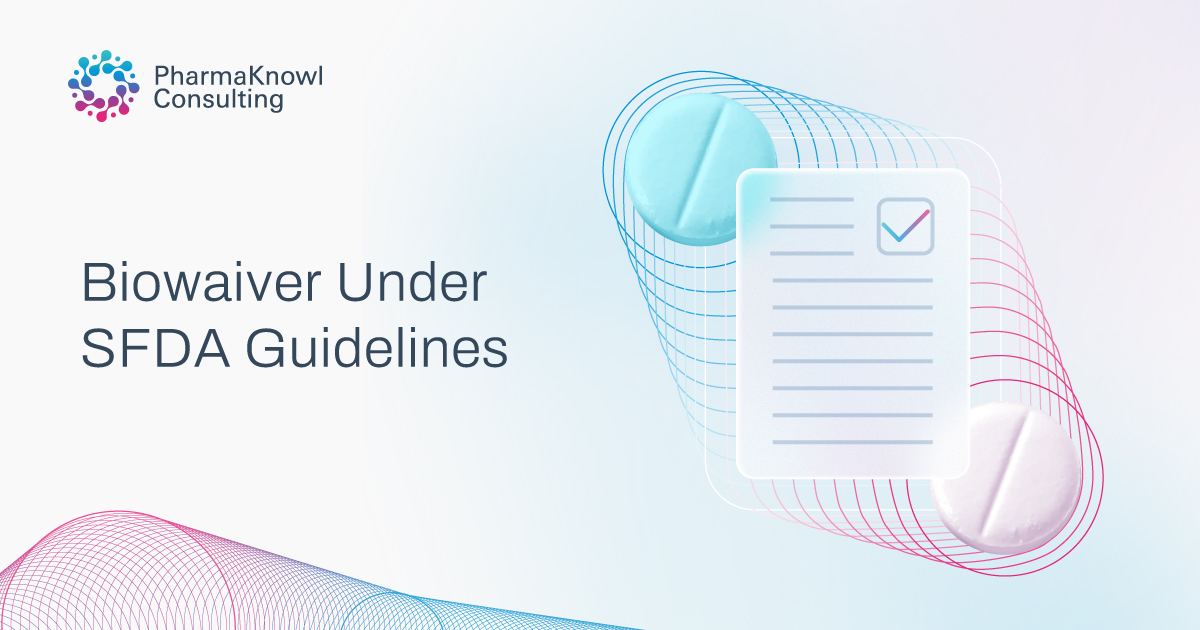
About the Author
Regulatory Editor
Published by regulatory affairs team in PharmaKnowl, Riyadh office.
Biowaiver under SFDA guidelines follows the Biopharmaceutics Classification System (BCS) provision, enabling certain medicines to bypass additional human studies without compromising regulatory standards. The rules are designed to expedite and facilitate the drug registration of eligible medicines, ensuring timely patient access. This approach supports the availability of safe and effective treatments by allowing waivers for certain immediate-release tablets and capsules, balancing strict oversight with practical development timelines.
Table of contents
What is a Biowaiver?
A biowaiver permits the waiver of in vivo bioavailability and bioequivalence studies where in vitro data can justify equivalence. This product development method focuses on highly soluble drugs that have established human absorption profiles and do not have a narrow therapeutic index.
Applicability and Restrictions
- Suitable for: Immediate-release, solid oral dosage forms for systemic action if the dosage form is identical.
- Not suitable for:
- Sublingual, buccal, sustained release preparations and products intended for peroral absorption.
- Exclude drugs with a narrow therapeutic index, as they require intensive monitoring. This includes medications like digoxin, lithium, phenytoin, theophylline, and warfarin.
- Dosage forms intended for oral cavity absorption, such as sublingual or buccal tablets, cannot be approved without conducting bioequivalence studies.
Biopharmaceutics Classification System (BCS)
BCS provides a classification of drug substances based on their properties regarding solubility in water and permeability through the intestine:
| Class | Solubility | Permeability | Allowance for BCS -based Biowaiver |
|---|---|---|---|
| I | High | High | Eligible |
| II | Low | High | Ineligible |
| III | High | Low | Conditionally eligible |
| IV | Low | Low | Ineligible |
Criteria for Biowaiver Eligibility
Solubility
The drug’s highest single dose strength must achieve complete solubility of ≤250 mL in aqueous media at pH levels of 1.2, 4.5, and 6.8, all at 37 °C.
Permeability
A compound is considered highly permeable when the total amount absorbed in humans is 85% or more of the administered dose, as determined by mass balance or comparison with intravenous administration.
Dissolution
- An immediate-release product is fast-dissolving if 85% or more of the labeled drug dissolves within 30 minutes in vitro.
- Compare the drug release profiles of the test and reference products using at least 12 units in three different media and show they are similar.
Excipients
- The excipients in the test product should be of the same nature and concentration as those in the reference product, particularly for BCS Class I drugs.
- Do not include excipients that affect GI motility, drug permeability, or interact with membrane transporters unless you justify.
Applications of BCS-Based Biowaivers under SFDA
The SFDA permits biowaivers for specific drug applications under the BCS Class I classification. This means a reduced requirement for in vivo studies as long as conditions on solubility, dissolution, and equivalence are satisfied.
| Application Type | Applicable BCS Class | When Biowaiver Applies | Conditions & Requirements | Notes |
| New Chemical Entities (NCEs) | BCS Class I | After in vivo bioavailability is established. | 1) IR solid oral dosage form. 2) Formulations must be pharmaceutically equivalent. 3) Rapid & similar dissolution. | Not allowed for initial BE waiver. |
| Generics | BCS Class I | At the time of generic registration | 1)High solubility & high permeability 2) Fast dissolution 3) Pharma equivalence with reference. | Most frequent biowaiver use in KSA |
| Post-Approval Changes Variations | BCS Class I | For major changes in the formulation or composition | Pre/post versions have to be equivalent, rapid dissolution and similar in-vitro profile. | Justification required in variation submission |
Fees for Biowaiver Submissions
The SFDA does not charge a separate fee for submitting a biowaiver. Instead, it charges the applicable fee for the specific type of regulatory submission, such as for the registration of a generic drug or a post-approval variation.
Refer to our SFDA Fees guide for a breakdown of all applicable fees for new applications, variations, and scientific advice.
Registration Support
PharmaKnowl evaluates biowaiver eligibility and compiles submissions compliant with SFDA for NCEs, generics, and post-approval variations.
Contact us today to streamline your process.
Biowaiver under SFDA guidelines follows the Biopharmaceutics Classification System (BCS) provision, enabling certain medicines to bypass additional human studies without compromising regulatory standards. The rules are designed to expedite and facilitate the drug registration of eligible medicines, ensuring timely patient access. This approach supports the availability of safe and effective treatments by allowing waivers for certain immediate-release tablets and capsules, balancing strict oversight with practical development timelines.
Table of contents
What is a Biowaiver?
A biowaiver permits the waiver of in vivo bioavailability and bioequivalence studies where in vitro data can justify equivalence. This product development method focuses on highly soluble drugs that have established human absorption profiles and do not have a narrow therapeutic index.
Applicability and Restrictions
- Suitable for: Immediate-release, solid oral dosage forms for systemic action if the dosage form is identical.
- Not suitable for:
- Sublingual, buccal, sustained release preparations and products intended for peroral absorption.
- Exclude drugs with a narrow therapeutic index, as they require intensive monitoring. This includes medications like digoxin, lithium, phenytoin, theophylline, and warfarin.
- Dosage forms intended for oral cavity absorption, such as sublingual or buccal tablets, cannot be approved without conducting bioequivalence studies.
Biopharmaceutics Classification System (BCS)
BCS provides a classification of drug substances based on their properties regarding solubility in water and permeability through the intestine:
| Class | Solubility | Permeability | Allowance for BCS -based Biowaiver |
|---|---|---|---|
| I | High | High | Eligible |
| II | Low | High | Ineligible |
| III | High | Low | Conditionally eligible |
| IV | Low | Low | Ineligible |
Criteria for Biowaiver Eligibility
Solubility
The drug’s highest single dose strength must achieve complete solubility of ≤250 mL in aqueous media at pH levels of 1.2, 4.5, and 6.8, all at 37 °C.
Permeability
A compound is considered highly permeable when the total amount absorbed in humans is 85% or more of the administered dose, as determined by mass balance or comparison with intravenous administration.
Dissolution
- An immediate-release product is fast-dissolving if 85% or more of the labeled drug dissolves within 30 minutes in vitro.
- Compare the drug release profiles of the test and reference products using at least 12 units in three different media and show they are similar.
Excipients
- The excipients in the test product should be of the same nature and concentration as those in the reference product, particularly for BCS Class I drugs.
- Do not include excipients that affect GI motility, drug permeability, or interact with membrane transporters unless you justify.
Applications of BCS-Based Biowaivers under SFDA
The SFDA permits biowaivers for specific drug applications under the BCS Class I classification. This means a reduced requirement for in vivo studies as long as conditions on solubility, dissolution, and equivalence are satisfied.
| Application Type | Applicable BCS Class | When Biowaiver Applies | Conditions & Requirements | Notes |
| New Chemical Entities (NCEs) | BCS Class I | After in vivo bioavailability is established. | 1) IR solid oral dosage form. 2) Formulations must be pharmaceutically equivalent. 3) Rapid & similar dissolution. | Not allowed for initial BE waiver. |
| Generics | BCS Class I | At the time of generic registration | 1)High solubility & high permeability 2) Fast dissolution 3) Pharma equivalence with reference. | Most frequent biowaiver use in KSA |
| Post-Approval Changes Variations | BCS Class I | For major changes in the formulation or composition | Pre/post versions have to be equivalent, rapid dissolution and similar in-vitro profile. | Justification required in variation submission |
Fees for Biowaiver Submissions
The SFDA does not charge a separate fee for submitting a biowaiver. Instead, it charges the applicable fee for the specific type of regulatory submission, such as for the registration of a generic drug or a post-approval variation.
Refer to our SFDA Fees guide for a breakdown of all applicable fees for new applications, variations, and scientific advice.
Registration Support
PharmaKnowl evaluates biowaiver eligibility and compiles submissions compliant with SFDA for NCEs, generics, and post-approval variations.
Contact us today to streamline your process.
About the Author
Published by regulatory affairs team in PharmaKnowl, Riyadh office.
Resources
Services
Events

